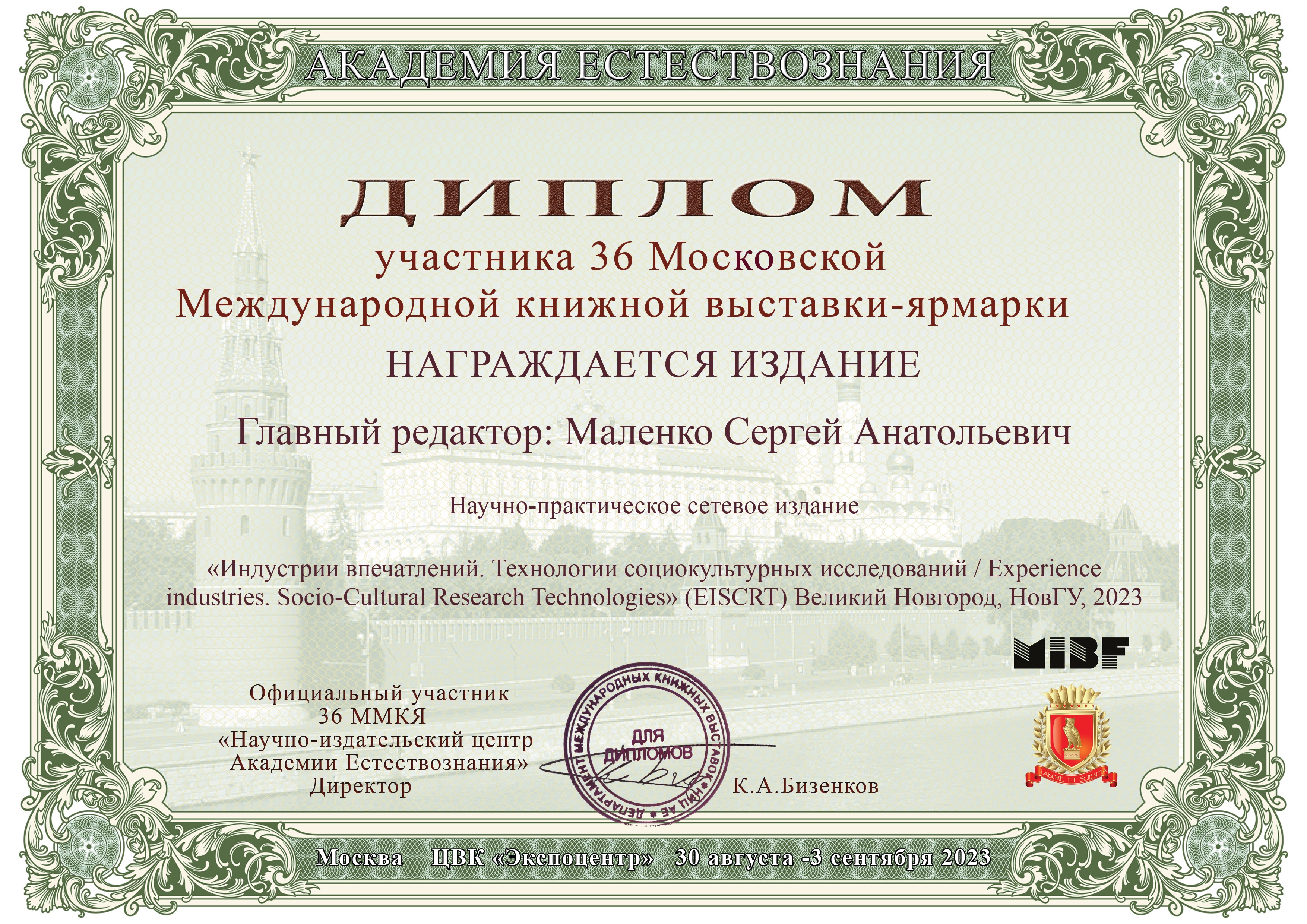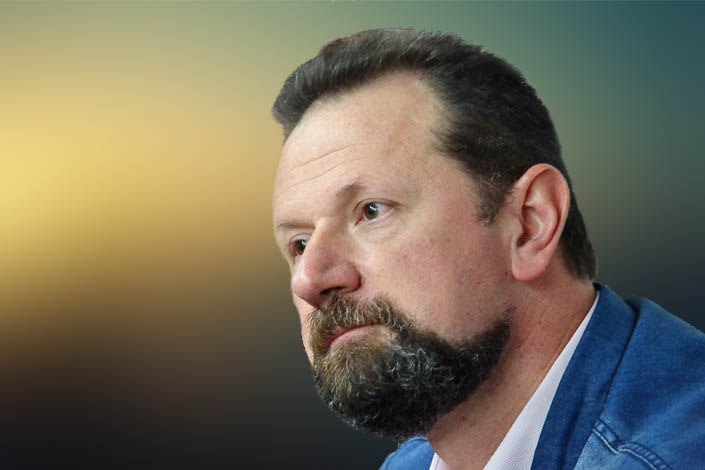IS IT ALREADY POSSIBLE TO LAUGH? (THE CRISIS OF MODERN AESTHETICS AND THE CHANCE OF A NEW ART)
DOI:
https://doi.org/10.34680/EISCRT-2024-4(9)-132-197Keywords:
opus, aesthetic space, actual art, reading, emotionality, inclusivity, transformation of elementsAbstract
The article analyses the transformations of aesthetic space that are currently occurring, which in many ways shape the very image of modernity and enable us to anticipate the potential future trajectory of Western civilisation. The aesthetics of opus, which emerged in the wake of the Renaissance, has experienced a significant decline. The genre markup, which served as a conductor and sometimes a superconductor for high art, has been captured by social engineering and transformed through AI (so far an 'inclusive inquisition' rather than artificial intelligence) into a set of direct, unambiguous instructions for assembling a new, simplified subject. Concurrently, the previously marginalised trend of kitsch, which currently dominates under the designation of "mimi-mimi" aesthetics, has received a substantial boost, manifesting both on the vast expanses of the Internet and in "raw life." It is, therefore, paradoxical that it is aesthetics which today serves to defend the simple aesthetic needs of man in the face of the capitulation of the former high art. The article also puts forth an alternative trajectory for art, one that is associated with the formation of a new aesthetics of free elements. This entails the reappropriation of certain practices that have been previously eschewed by the scientific community, such as those employed by naturalists and polar explorers. These practices can then be repurposed for a novel transformation of the world, with the aim of bestowing vision upon the hitherto "blind elements".
For citation:
Sekatski, А. K. (2024). Is it already possible to laugh? (the crisis of modern aesthetics and the chance of a new art). Experience industries. Socio-Cultural Research Technologies (EISCRT), 4 (9), 132-197. (In Russ.). https://doi.org/10.34680/EISCRT-2024-4(9)-132-197








